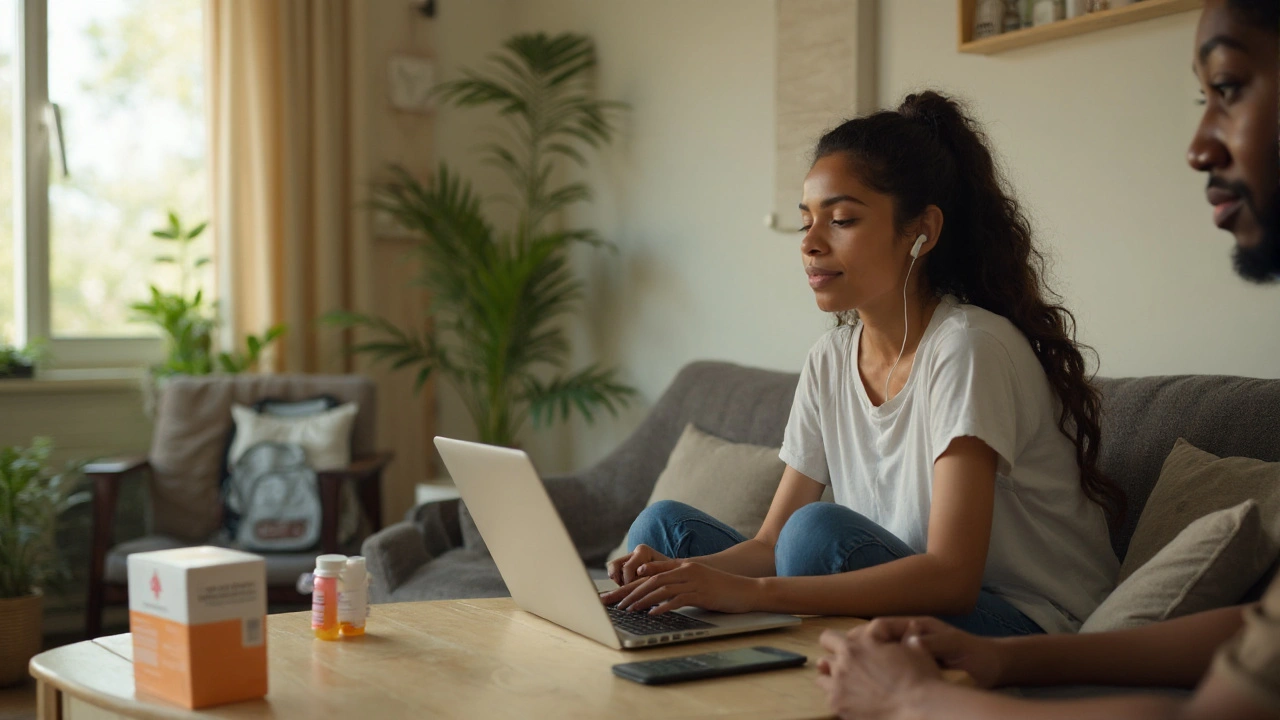Contingency Management Apps: How Rewards Drive Better Health Habits
If you’ve ever earned a badge for hitting a step goal, you already know the power of a small reward. Contingency management apps take that idea and turn it into a therapeutic tool. By linking tangible incentives—points, vouchers, or even cash—to specific actions like taking medication on time or logging cravings, these apps help users stay on track without feeling forced.
Why does this work? The brain loves immediate feedback. When an app gives you a reward right after you complete the desired behavior, it reinforces that action more strongly than delayed praise from a doctor. That instant loop can be the difference between remembering to take a daily antidepressant or forgetting it entirely.
Key Features to Look for in a Good Contingency Management App
First, check how the app verifies the behavior. Some use simple self‑report prompts, while others integrate with wearables or pharmacy refill data for real‑time confirmation. Second, examine the reward system—does it offer something you actually want? Points that convert to grocery coupons tend to be more motivating than abstract “badges.” Third, privacy matters; make sure the app encrypts health data and lets you control who sees your progress.
Another useful feature is a built‑in habit tracker. Seeing a visual streak of successful days can boost confidence and keep you from slipping back into old patterns. Finally, look for customizable reminders that match your daily routine, not generic alarms that you easily ignore.
Practical Tips to Get the Most Out of Your App
Start small. Set one clear goal—like taking a specific pill at 8 am—and let the app reward you each time you succeed for a week. After you’ve built that habit, add another target such as logging mood or completing a short breathing exercise.
Pair the digital rewards with real‑world incentives. If your app gives you points, decide beforehand what those points will buy—maybe a coffee after a month of perfect adherence. Making the reward tangible keeps motivation high.
Don’t forget to involve your healthcare provider. Share your app data during appointments; doctors can adjust treatment plans based on real‑time adherence information, which often leads to better outcomes.
If you ever feel the rewards lose their punch, switch up the incentive. A new voucher or a small gift card can re‑spark interest and prevent the novelty from wearing off.
Finally, treat the app as a support tool, not a crutch. When the habit sticks, you’ll rely less on external prompts and more on internal motivation.
Contingency management apps are reshaping how we tackle medication adherence, addiction recovery, and everyday health goals. By choosing an app with solid verification, meaningful rewards, and strong privacy safeguards, you give yourself a realistic chance to stick with the plan you set. Start with one simple action today, claim your first reward tomorrow, and watch how small incentives turn into lasting change.

- 11 Comments
What’s new in 2025: telehealth MOUD, long-acting meds, remote monitoring, naloxone OTC, and AI triage. Plain talk, real evidence, step-by-steps, risks, and what to do next.
